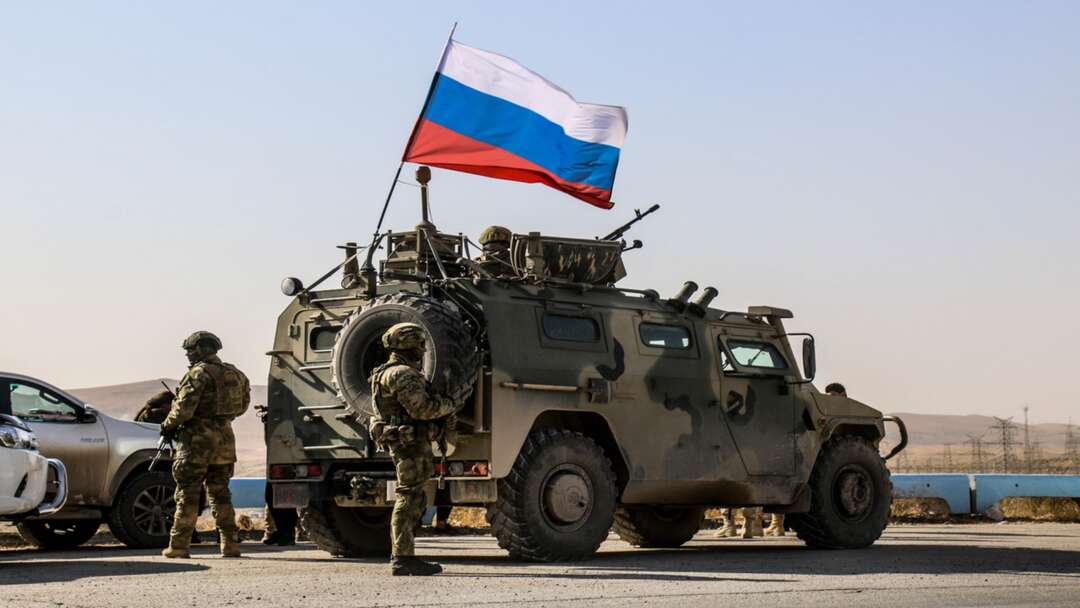-
Division Within Trump Administration Over Russian Military Presence in Syria
-
The rift within the Trump administration reflects conflicting U.S. priorities in the Middle East, where pressure to weaken Russian influence clashes with the need for a political settlement that secur

Weeks after reports circulated about U.S. conditions for lifting sanctions on Syria, new details have emerged about the debate within former President Donald Trump’s administration regarding Russia’s military presence in the country. A recent U.S. report revealed sharp divisions over how to handle Russia’s foothold in Syrian air and naval bases, particularly in Tartus and Hmeimim.
According to The Hill, some Trump administration officials presented a list of demands last month to representatives of Syria’s interim government, outlining potential conditions for sanctions relief—yet the removal of Russian military bases was not among them. However, voices within the State Department and the White House pushed to include this demand, highlighting stark disagreements among policymakers.
A knowledgeable source confirmed intense internal debates over the future of Russia’s influence in Syria. While some officials advocated for greater pressure to force Damascus to end the Russian military presence, others warned that such a demand could complicate negotiations and derail other critical agreements.
In Congress, some Republican lawmakers expressed support for expelling Russia from Syria. Representative Joe Wilson stated, “I hope every possible effort is made to remove the Russian naval base in Tartus, as well as the airbase in Syria.” Conversely, Senator Jim Risch, Chair of the Senate Foreign Relations Committee, took a more cautious stance, arguing that pulling Damascus away from the Russian-Chinese-Iranian axis might be more strategically viable than demanding an immediate Russian withdrawal.
Meanwhile, sources revealed that Russian President Vladimir Putin held direct talks with the Syrian government, proposing enhanced “practical cooperation” between the two countries—capitalizing on Damascus’s urgent need for economic support amid its severe financial crisis.
Notably, the first high-level contact between Washington and Damascus since Trump took office occurred on March 18, when Natasha Franceschi, Deputy Assistant Secretary of State for Levant Affairs, met with Syrian Foreign Minister Aseed Shibani on the sidelines of the Brussels donor conference. During the meeting, the U.S. presented its conditions for lifting sanctions but made no mention of demands related to Russian bases.
As these developments unfold, speculation grows about a potential shift in U.S. policy toward Syria—particularly given Damascus’s escalating economic challenges and Washington’s efforts to maintain geopolitical balances in the region.
You May Also Like
Popular Posts
Caricature
opinion
Report
ads
Newsletter
Subscribe to our mailing list to get the new updates!






















